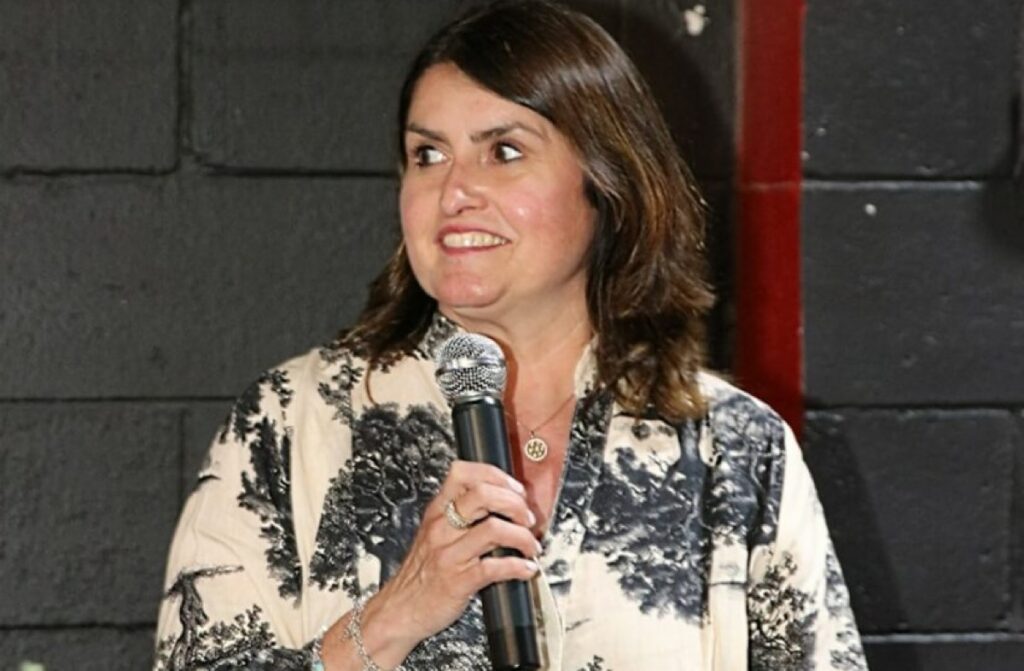When preparing a eulogy, it’s essential to focus on honoring the memory of the deceased in a thoughtful and respectful way. Here’s what you should avoid to ensure your speech is both meaningful and appropriate for the occasion:
1. Negative or Critical Remarks
Even if your relationship with the deceased had its challenges, avoid mentioning anything negative or overly critical. A eulogy is not the time to address past conflicts or air grievances. Instead, highlight the person’s positive qualities, their impact on others, and the special moments they shared with loved ones. The goal is to celebrate their life and bring comfort to those in attendance.
2. Making It Too Long or Formal
While you may feel the need to include every detail about the person, it’s best to keep the eulogy concise and heartfelt. A long, drawn-out speech can overwhelm the audience, especially during such an emotional time. Avoid being overly formal—speak naturally and from the heart. A good eulogy is personal and relatable, offering comfort and connection to those listening.
3. Controversial Topics
Avoid bringing up any divisive or controversial topics, such as politics or personal disagreements. A eulogy should unite people in remembrance, not spark tension or discomfort. Focus on the positive memories and shared experiences that will resonate with everyone present.
4. Inside Jokes
While personal anecdotes are important, be mindful of inside jokes that may alienate others. What’s meaningful or humorous to a small group of people might not be appreciated by the wider audience. Stick to stories that everyone can understand and appreciate, ensuring that your words bring people together in reflection.
5. Rambling or Going Off-Script
It’s easy to get caught up in emotion during a eulogy, which can lead to rambling. While it’s fine to speak naturally, having a clear outline or prepared notes will help you stay focused. If you find yourself going off on a tangent, gently bring yourself back to the key points of your speech to keep it cohesive and clear.
6. Overly Complex Language
Avoid using complicated or flowery language in your eulogy. Keep your words simple and heartfelt, so that everyone in the audience can easily follow and connect with what you’re saying. Speaking from the heart with sincerity is far more impactful than trying to impress with elaborate vocabulary.
7. Sharing Too Much Personal Information
It’s important to keep the eulogy respectful and appropriate. Avoid sharing overly personal or private information that might embarrass the family or the deceased. Stick to stories and memories that showcase the deceased’s character in a positive light, without revealing anything too intimate or potentially uncomfortable.
8. Unpreparedness
Even if you’re used to public speaking, delivering a eulogy can be emotionally challenging. Be sure to practice beforehand to feel more confident and composed during the service. Being prepared will help you manage any unexpected emotions and allow you to deliver a clear, respectful tribute.
9. Excessive Use of Humor
While a touch of humor can help lighten the mood and celebrate the deceased’s personality, too much humor can be off-putting in a more somber setting. Use humor thoughtfully, and ensure it’s appropriate for the occasion and reflective of the person you’re honoring. A well-timed lighthearted moment can bring comfort, but it’s important not to overdo it.
Strike the Right Balance
By avoiding these common pitfalls, you’ll create a eulogy that strikes the right balance of respect, warmth, and authenticity. Your words will help bring comfort to the grieving and pay a fitting tribute to the person who has passed.

